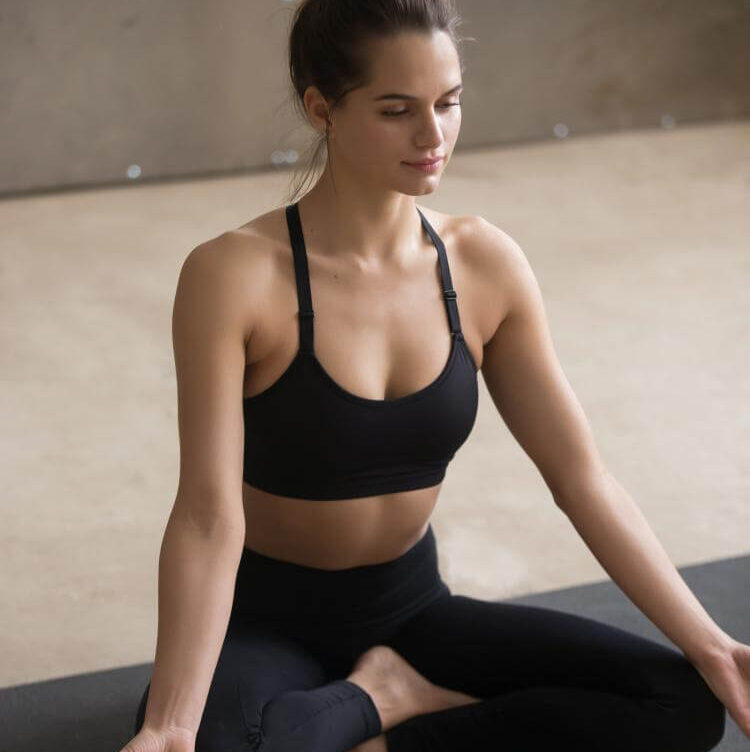
While the practices of meditation and deep breathing have been around for thousands of years, scientists have only recently begun to document their positive impacts. In a world where stress is ubiquitous, the need for calm has never been more pressing.
Modern scientific findings are validating what ancient mystics knew thousands of years ago: when practised regularly, meditation and deep breathing can significantly enhance our overall health and wellbeing. What’s even more exciting is that science is now suggesting that these practices have a very real impact on our stress responses, as scientific literature continues to document the physiological changes that occur when we practise meditation and deep breathing.
Due to their many health benefits, these techniques are fast becoming part of holistic and functional health professionals’ protocols for achieving and maintaining optimal wellness – which is good news, since it’s needed now more than ever. At no other period in history has stress been as pervasive as it is today.
A look at the basics
While there are numerous forms of meditation, they all share a common goal: to quieten the internal chatter of the mind and create a sense of peace, calm and tranquillity in order to enhance both mental and physical wellbeing.
Of particular interest in today’s society is mindfulness meditation – also known as insight meditation – which has its roots in vipassana, one of India’s most ancient forms of meditation. This particular style – which focuses on non-judgmental awareness of sensations, feelings and state of mind – appeals to a wide range of people from various cultures and religions, and is now one of the most popular meditation techniques practised in the West.
Similarly, deep breathing exercises are becoming known for their powerful stress reducing benefits. Deep breathing helps to instantly balance our sympathetic (fight-or-flight) nervous system with our parasympathetic (rest and digest) response. It’s a very powerful stress reduction tool you can implement in any place, at any time, for free. Ever feel your breath quicken and become shallow when you’re stressed? Or perhaps you even hold your breath periodically throughout your busy day? These are all symptoms of an activated fight-or-flight system, and increased stress in the body.
Diaphragmatic breathing – which is also referred to as abdominal and belly breathing – is probably the most commonly known breathing technique in the West. This type of deep breathwork allows you to fully fill your lungs as the lower belly rises, which is something people seldom do.
Finding calm
Taking time out of your busy day to breathe deeply can do wonders for your overall sense of calm. Moreover, implementing a daily meditation practice, even five to 10 minutes, can dramatically relieve symptoms of anxiety, stress, and depression.
We are fortunate that today we have access to apps such HeartMath and Headspace and devices such as Muse that are making these stress reduction techniques easier to implement than ever before. When it comes to fighting against the sometimes overwhelming demands of modern day life, meditation and deep breathing are viable options that are free and simple to implement, but have very real and deep benefits to our overall health, happiness and wellbeing.





















